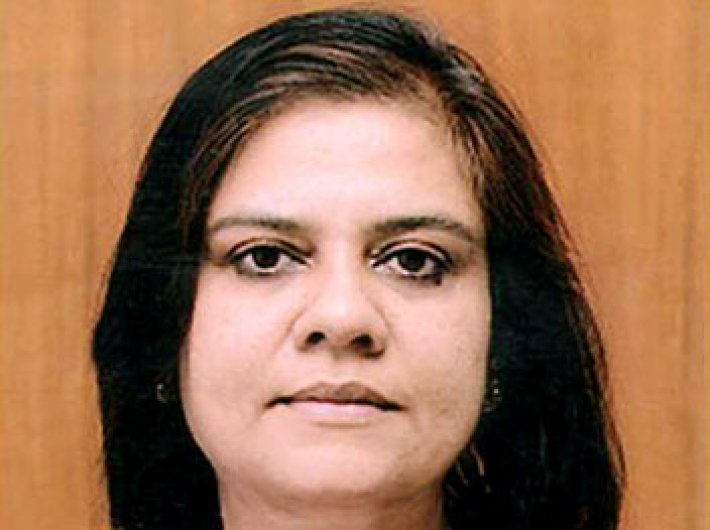In an email interaction, Aparna Arora talks about how the Rajasthan Pollution Control Board is expediting e-governance services and taking various steps to promote effective decision making
How do you strike a balance between the environmental needs and economic and industrial growth?
Environment-related compliances are important and non-negotiable, but development cannot be forsaken. Hence, there is a need to adopt a sustainable approach. Rajasthan falls in arid and semi-arid agro-climate zone, deficit in water resources. The state board has stressed that the industries consuming significant water and discharging polluted water should re-use treated effluent to achieve zero discharge and conserve water resources. Re-use will also ensure better treatment and adoption of cleaner technology.
We are working to make legal formalities – such as obtaining consents, registrations and authorisations – simpler and faster by developing online submission of applications, operating manual for technical and scientific staff, standardising required documents, simplifying application forms and fee schedule. The self certification by project proponent is also being accepted. We are also emphasising on proper compliance of environmental norms by the industry, for which schedules and formats of inspections and enforcement related norms have been defined. We will take punitive action against any defaulting unit.
How is e-governance, promoted by the state government, going to help the board and the industry?
We have taken an initiative in e-governance and have already implemented online submission of applications for consent, registrations, etc. The board has also provided facility for tracking the status of pending applications. We have tied up with e-mitra/common services centres (CSCs) for submission of applications for consent in order to provide facilities to a large rural population in the state.
In addition, we are developing a system for monitoring pendency, inspections and analysis to bring transparency, and impartiality in the decision making process. E-governance will reduce time of disposal for consent, authorisation and registration.
Environment minister Prakash Javadekar has pointed out that there is no data collated by Indian Council of Medical Research, Central Pollution Control Board and RSPCB on the perils of marble slurry in the state. How big is the problem and how do you aim to tackle it?
Marble industry is an important sector in the state. The slurry generated from the industry, if not properly handled and disposed, can cause grave environmental consequences. The state board is conscious of this and has taken many steps for its eradication, including developing suitable landfill sites for its disposal, study for use of marble slurry in cement industry and for chemical conversion to gypsum or lime as well as its use in making roads, tiles, bricks and blocks.
What are the new initiatives taken by the board?
Rajasthan is a leading state currently, where hazardous waste is being co-processed in cement kilns. Most of the industries in the state are small-scale and situated in clusters. They do not have adequate financial and technical resources, due to which the state board has encouraged them to install and operate common effluent treatment plants (CETPs). To improve the status of operation of these plants, we are insisting to operate the CETP’s by good scientific and engineering practises.
The board has also formulated a policy for grant of consent to solar power and wind power plants within 15 days of submission of complete applications. This is in line with the vision of the chief minister of Rajasthan and policy of state government for promoting green power. The board has introduced a scheme of acknowledgement where tiny and small-scale units (with investment up to '5 crore) covered under green category of industries (88 type of industries), are exempted from regular consent. The acknowledgement of receipt of application is treated as consent.
The industries which intend to obtain consent in short time can avail facility provided by the board under tatkal scheme, where consent application is disposed within seven days of submission of complete application.
Adopting a proactive and open approach, the dissemination of information is being done through the board’s website where regularly updated information is uploaded. We also organise workshops and training programmes for the benefit of industry and other stakeholders at regular intervals for creating awareness about environment act, air act and water act. n
feedback@governancenow.com
(The interview appeared in February 16-28, 2015, issue)
